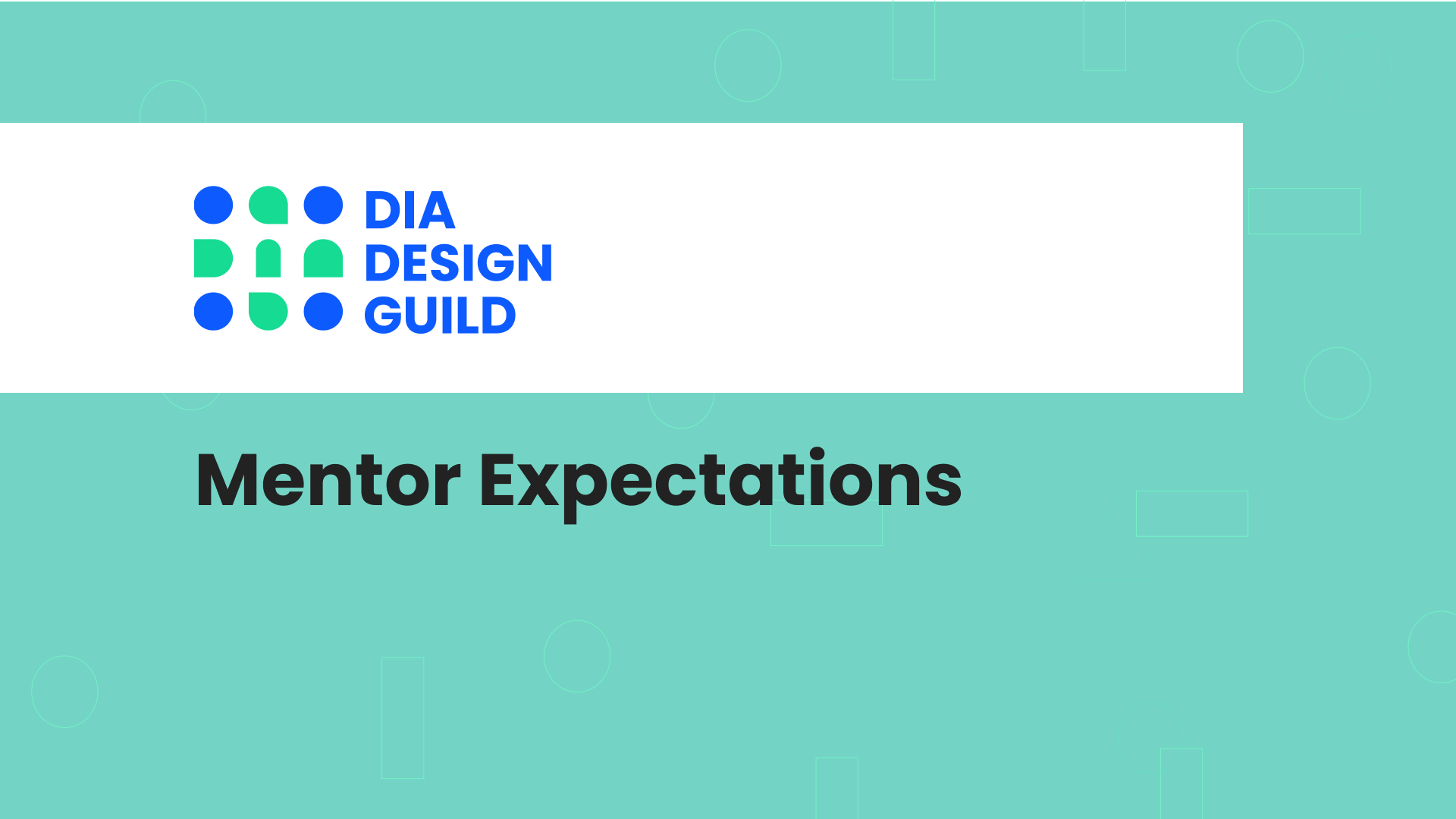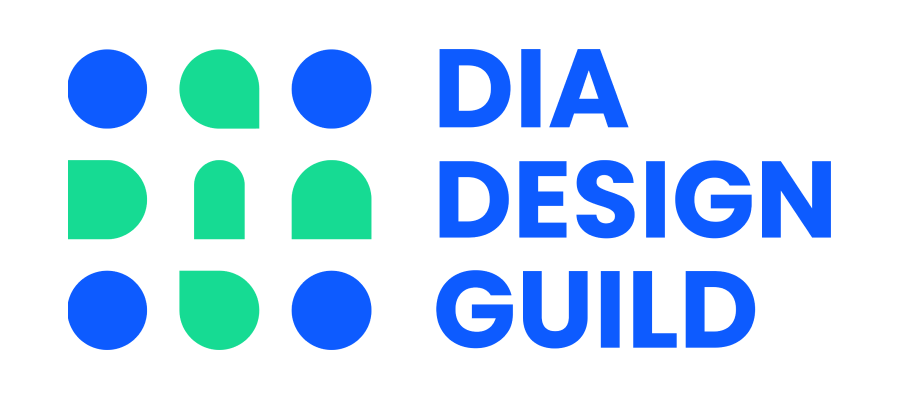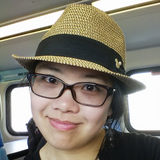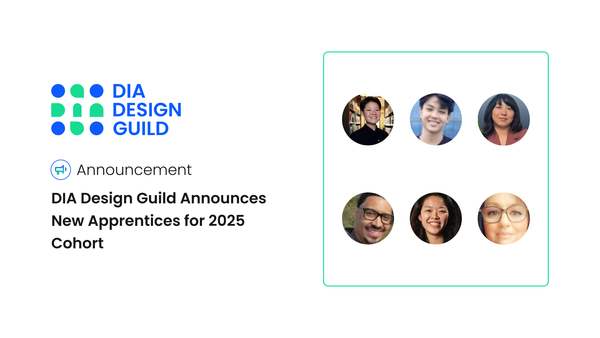Be a mentor with DIA
How we mentor has a lot to do with our UX philosophy: User experience is a mindset, a process, and an approach to everyday life.

UPDATED October 3, 2023: We've updated our mentor expectations for the apprentice program next year!
How we mentor has a lot to do with our UX philosophy: User experience is a mindset, a process, and an approach to everyday life. Whether you call it user experience or human experience, the approach we take at DIA Design Guild is not tools or trends since those come and go. We mentor by working on the foundational skills: thinking, asking, communicating, documenting, and planning.
- Everyone works together. Apprentices are stakeholders in the apprentice program, as are the mentors, project stakeholders, past and present apprentices. Years of experience are just numbers to show how long someone has spent figuring things out.
- There should be a 'why' behind every decision - based on user needs, goals, and feasibility. This is not only for design, but also project structures, documentation, and relationships. The topics we focus on, discussions we drive, and questions we ask lead us to inform how we orchestrate facilitate the mentor/coach-apprentice relationship.
- Everything depends - on the situation, question, context, assumptions, anticipated outcome, person. Each apprentice's situation and needs are different. We're not just cheerleaders, but coaches to help give productive guidance to help apprentices navigate these contextual moments.
In this post, we'll cover:
- Mentoring DIA Design Guild apprentices
- Outcomes and opportunities
- Commitment level
What it means to mentor an apprentice under DIA Design Guild's apprentice program
This is not a transactional, one-off meeting. Mentors and apprentices meet for 30-60 minutes once a week or every other week depending on what they're comfortable with. This program is about building a long term, trusting relationship between mentor and apprentice through the duration of the program.
We acknowledge that mentors and apprentices have family/work/life and so that's why we stretch out the apprentice program to allow people to settle in and pace themselves.
First few meetings are:
- getting to know each other, backgrounds, interests, goals
- determining apprenticeship plan
- figuring out what projects to work on
Subsequent meetings can cover:
- project updates/questions/feedback
- questions or feedback about portfolio, resume, job-search
These can also be personal AMA conversations with the mentor; apprentices can use this time to ask anything about things they've learned, read, or experienced.
For example, if apprentice have a non-profit or community project that they're working on already, then mentors can be there to coach them through that process, give feedback, and help them think through things and reflect on their work.
What outcomes and opportunities we hope mentors and apprentices get out of this relationship
These are just some of the topics we hope every apprentice learns through this program:
Learning about the importance of documentation -- Requirements, project briefs, meeting notes, design decisions. This means getting into the habit of taking notes, making notes, and managing their personal knowledge management system (PKM). Have you noticed that our founders are information architects and librarians?
Exploring what it means to work in UX -- Defining projects, seeking opportunities, managing expectations, communication, collaboration, facilitating conversations. No amount of schooling prepares people for ~~ this~~ these soft skills. A person could be the best UX'er on paper, understand every technical or theoretical component, but without the other set of skills, they won't get far. By getting experience in community, volunteer, and nonprofit projects, we're compounding on apprentices' ability to persevere and seek out opportunities.
UX is not always sexy or visible -- Helping people make sense of the information they come across, find and get their stuff done, and move on with their lives is all part of the satisfaction of providing impact.
How much time/effort one might expect as a mentor?
Mentors can expect to spend up to 1 hour a week per apprentice. Mentors also spend about 1-2 hours a month to share questions and resources that come up asynchronously on Discord.
We're happy to chat about our approach to mentorship. Leave us a message





